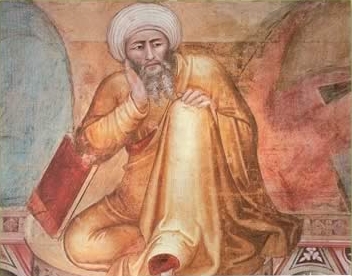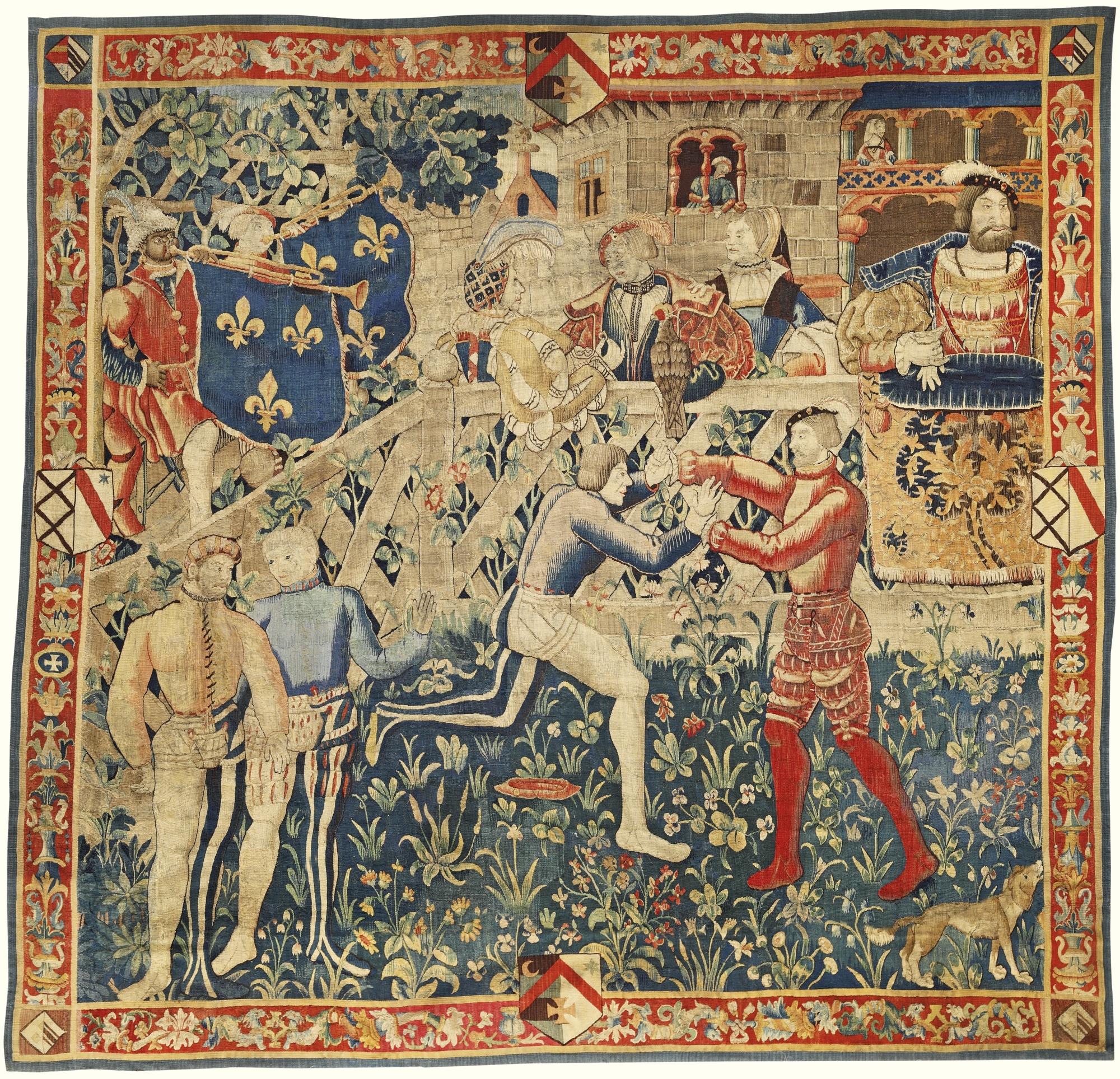As part of Black History Month 2021, I was invited to present my research on the contributions of Black people before and during the Tudor period.
Encounters with historical events in genres that function as discursive actions within particular social, political and cultural frameworks influence how people engage with the past in which identities are created and sustained. Historical knowledge has the power to influence how people value past eras and construct their lived experiences through their own interpretations. It also impacts on how they understand themselves and is significant because of its role in the shaping of identities that is associated with asserting the ‘sense of self’ and ‘sense of belonging’ (Hoskins, 2010).
The deconstruction of historical accounts leaves room for contemplation of how the retelling of historical knowledge repairs the loss and dislocation with histories to inspire and build trust to facilitate more opportunities for open debates. In this instance, the deconstruction of historical narratives refers to the use of historical epistemology to gain access to further genuine and truthful accounts of history.
Examples of the uncovering of history is evident in the accounts of the Moors among other important historical figures, whose historical stories are limited or unknown. The Moors were significant instigators in the advancement of civilisation in European society in various ways. Most notably, historical documents reveal the introduction and development of mathematics, the social and natural sciences, literature, arts, culture and architectural infrastructure (Lane-Poole, 1886). In his literature The Story of the Moors in Spain, Lane-Poole (1886) clarifies the distinction of the Berber Moors originating from North Africa, which separates them from their Arab counterparts.
 Averroes, a Moorish polymath, was the founder of the Averroism school of philosophy, and influential in the rise of secular thought in Western Europe. Painted by Andrea Bonaiuto in 14th century
Averroes, a Moorish polymath, was the founder of the Averroism school of philosophy, and influential in the rise of secular thought in Western Europe. Painted by Andrea Bonaiuto in 14th century
A starting point for the deconstruction of the historical account of the Berber Moors is using historical epistemology to retell their legacies of how they influenced countries and societies across Europe and other parts of the world. Thus, opening possibilities for a purer and more objective view of how civilised societies were constructed and how individuals were valued in them. The African contribution to the United Kingdom remains present in the contemporary consciousness and lived experience. Emperor Lucius Septimius Severus (Roman emperor from 193 to 211 AD) and his son Emperor Caracalla (198–217) were architects of England’s North/South divide when they subdued the country and people to the Roman Empire (Birley, 1999). Their legacy continues to permeate modern British society and culture in which the regional differences that characterise the people and places are celebrated for bringing vibrance to the national cultural story and identities.
Kaufmann’s (2017) literature Black Tudors, the Untold Story transports the reader back in time to an era when chattel slavery had not long been implemented. The story of the African Slave, Jacque Francis, demonstrates how historical narrative reveals an authentic truth of the interconnectivity between people in the moment of salvaging items from King Henry VIII’s Mary Rose Ship. The story illustrates the vulnerability and dependency of the ruling slave owners on the skills and knowledge of the enslaved. Moreover, it uncovers the later transference and adoption of the traditional African sport and pastime, the art of swimming and diving. This legacy has been absorbed into British society and is now established as a popular British leisure pastime and a traditional, cultural act in contemporary Britain. The deconstruction of historical narrative is critical because it exposes the vital role of mythmaking in creating history that extinguishes authentic accounts of history, which gives depth to past human stories that are palpable and symbolic in their portrayal of history in its truest form.
The power of historical storytelling is its capacity to allow individuals to create tangible and believable ties with the past.History is a medium that influences how people relate to the past, how they create their sense of self and experience social relationships, landscapes and social settings that are encountered in their lives. History is written into the national consciousness, it strengthens and gives credibility to national identity, common ancestry, and ideas of a collective historical birth right to a country and its government (Wiebe, 2002). The power of historical storytelling is its capacity to allow individuals to create tangible and believable ties with the past. It also functions to shape detachments in sections of society through silencing history-telling to generate less transparent accounts of history. I have argued that deconstructing existing historical narratives to reflect and recuperate factual accounts of history is important in understanding the more genuine interpretation of past societies and people. Furthermore, I have argued that a progressive narration of histories that promotes greater accuracy, transcends some individualist undertones that presently dominate historical narrative to construct a more trustworthy understanding of historical societies and time periods.
In 2016, the National Portrait gallery revealed photographic records that showed the presence of a very rich and diverse Black population in Victorian Britain, Edwardian Britain and earlier (Ashenden, 2016). This was followed in 2019 by the display of portraits featuring Black Britons at the Royal Albert Memorial Museum and Art gallery that presented artwork deemed to be ‘outrageously neglected’. These works of art unveiled the history of Black Britons living and integrating in Britain as early as the Roman Empire (Joseph, 2019). Descriptions of the real identities of important figures, for example, Medieval English and European royalty, such as Queen Philippa of Hainault is now found in the Black Cultural Archives (Warner, 2019; Vernon, 2002). Other examples of key individuals in the Crusade such as knights, dukes and kings that are documented through forensic evidence and uncovered historical narratives are crucial contributions towards a more reliable account of history (Eveleth, 2014; Simmons, 2017). This deconstruction of the historical narratives is a consequence of evidence-based interpretations that gave insight into past societies that are closer to the truth. These figures and the artworks are examples of how history opens possibilities to uncover a comprehensive story about human settlement and conditions in British society. This allows for the construction of the historical narrative in ways that is possible to gain deeper insights into the notion that history tells us much about the present and future.




Rate and Review
Rate this video
Review this video
Log into OpenLearn to leave reviews and join in the conversation.
Video reviews